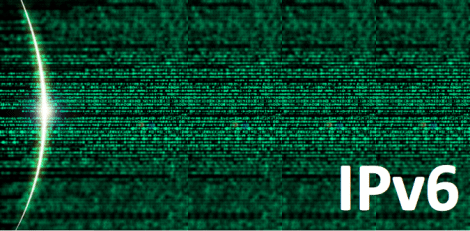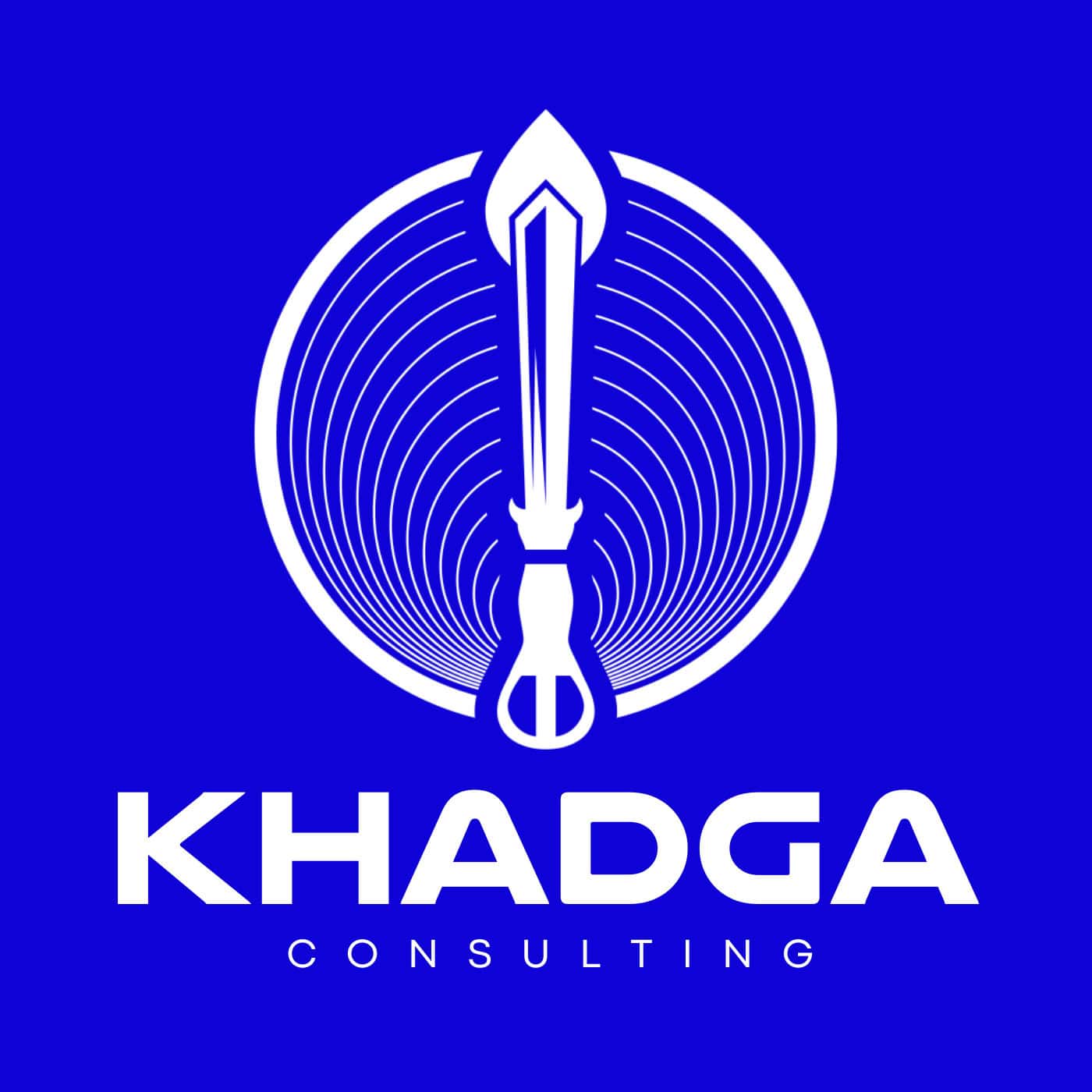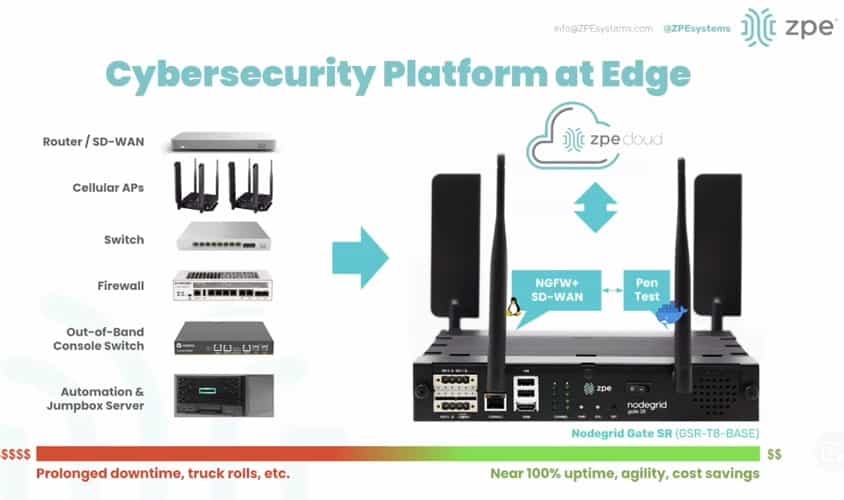 With IPv6 passing 4% of Google’s traffic and new networks all over the world steadily deploying IPv6 you may think that IPv6 protocol development work at the IETF is done with.
With IPv6 passing 4% of Google’s traffic and new networks all over the world steadily deploying IPv6 you may think that IPv6 protocol development work at the IETF is done with.
Quite the opposite is true in fact. As IPv6 becomes the de facto Internet Protocol, it has also become a topic that must be addressed in virtually every Working Group at the IETF. Just as IPv4 dominated the landscape of the past, IPv6 is now at the core of much of the work being done across all Internet Protocols.
One great example of this shift is the HOMENET Working Group, which is chartered to address the challenges in the evolving networking technology within and among relatively small “residential home” networks. This work is not necessarily dependent on a specific version of IP but the thrust of all discussions within the WG is how the IPv6 protocol suite can better serve these often overlooked networks out at the consumer edge of the Internet. Their “IPv6 Home Networking Architecture Principles” document is in the final stages of review and calls out specifically that “The goal of this document is to define a general architecture for IPv6-based home networking, describing the associated principles, considerations and requirements.” If you have not given it a read, I highly recommend taking a look! Discussions in Toronto will revolve around routing, addressing, naming, service discovery, and security.
Another interesting, if not directly IPv6-specific, Working Group is Sunset4. This WG is focused on ensuring that individual applications, hosts, and networks are able to operate fully in the absence of IPv4, once IPv6 has been enabled, of course. In other words, how do we turn IPv4 off? Next week in Toronto the group will discuss several drafts, one of which takes on this challenge head on: Turning off IPv4 Using DHCPv6 or Router Advertisements. The draft pragmatically suggests a new DHCPv6 option and a new Router Advertisement option for indicating to a dual-stack host or router that IPv4 is to be turned off. One other draft under discussion within Sunset4 of particular interest to the IPv6 folks is IPv6 Support Within IETF work, which follows on the heels of RFC6540 and calls on the IETF to “formally require its standards work to be IP version agnostic or to explicitly include support for IPv6, with some exceptions.” As well as “revisit and update the previous attempts to review existing standards for IPv6 compliance.” All of which will help remove IPv4 dependancies, at least at the protocol standard level.
This is just the tip of the iceberg of course. Please see the list below of IPv6-focused Working Groups meeting in Toronto at IETF90 next week, and don’t be surprised to see IPv6 pop up in whatever WG or BoF you’re sitting in on.
P.S. For more information about IPv6 and how you can get started, please see our Deploy360 site:
Relevant Working Groups at IETF 90:
V6OPS (IPv6 Operations) WG
Agenda: https://datatracker.ietf.org/meeting/90/agenda/v6ops/
Documents: https://datatracker.ietf.org/wg/v6ops/
Charter: https://datatracker.ietf.org/wg/v6ops/charter/
(Monday, July 21, 2014, 0900-1130 EDT, Canadian)
(Tuesday, July 22, 2014, 1420-1620 EDT, Ontario)
6TISCH (IPv6 over TSCH mode of 802.16e4)
Agenda: https://datatracker.ietf.org/meeting/90/agenda/6tisch/
Documents: https://datatracker.ietf.org/wg/6tisch/
Charter: https://datatracker.ietf.org/doc/charter-ietf-6tisch/
(Monday, July 21, 2014, 1520-1650 EDT, Territories)
DHC (Dynamic Host Configuration) WG
Agenda: https://datatracker.ietf.org/meeting/90/agenda/dhc/
Documents: https://datatracker.ietf.org/wg/dhc/
Charter: https://datatracker.ietf.org/wg/dhc/charter/
(Wednesday, July 23, 2014, 0900-1130 EDT, Salon B)
6LO (IPv6 over Networks of Resource Constrained Nodes) WG
Agenda: https://datatracker.ietf.org/meeting/90/agenda/6lo/
Documents: https://datatracker.ietf.org/wg/6lo/
Charter: https://datatracker.ietf.org/doc/charter-ietf-6lo/
(Thursday, July 22, 2014, 0900-1130 EDT, Tudor 7/8)
SUNSET4 (Sunsetting IPv4) WG
Agenda: https://datatracker.ietf.org/meeting/90/agenda/sunset4/
Documents: https://datatracker.ietf.org/wg/sunset4/
Charter: http://tools.ietf.org/wg/sunset4/charters
(Thursday, July 22, 2014, 1730-1830 EDT, Tudor 7/8)
HOMENET (Home Networking) WG
Agenda: https://datatracker.ietf.org/meeting/90/agenda/homenet/
Documents: https://datatracker.ietf.org/wg/homenet/
Charter: https://datatracker.ietf.org/wg/homenet/charter/
(Friday, July 25, 2014, 0900-1130 EDT, Canadian)
There’s a lot going on next week, and whether you plan to be there or join remotely, there’s much to follow. To follow along as we dole out this series of Rough Guide to IETF blog posts, follow us on the Internet Technology Matters blog, Twitter, Facebook, Google+, via RSS, or see http://www.internetsociety.org/rough-guide-ietf90.
This post originally appeared on the Tech Matters blog.






IPv6 will be the driving force behind Internet of Things, especially in Home Are Network environment such as EchoNet and HomePlug. IPv6 will allow each and every devices/equipments to be uniquely identified on the Internet. Of course, this brings about many security implications of doing so :).